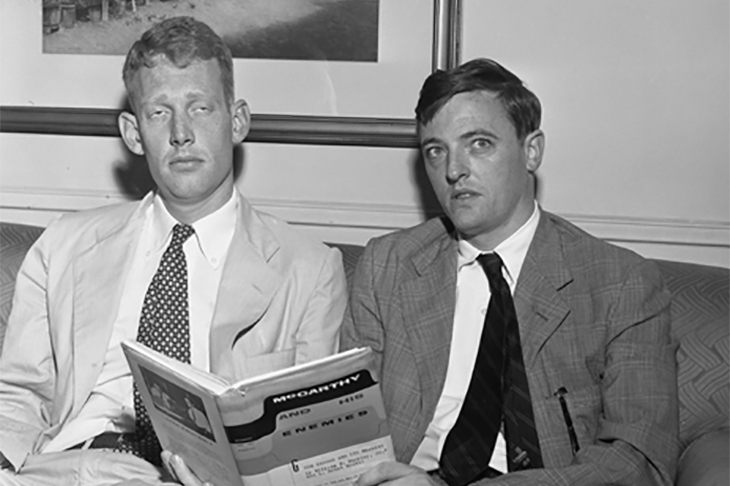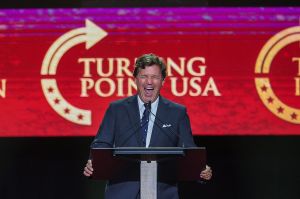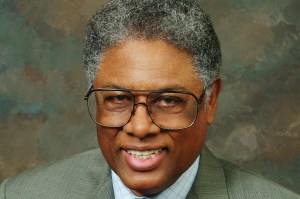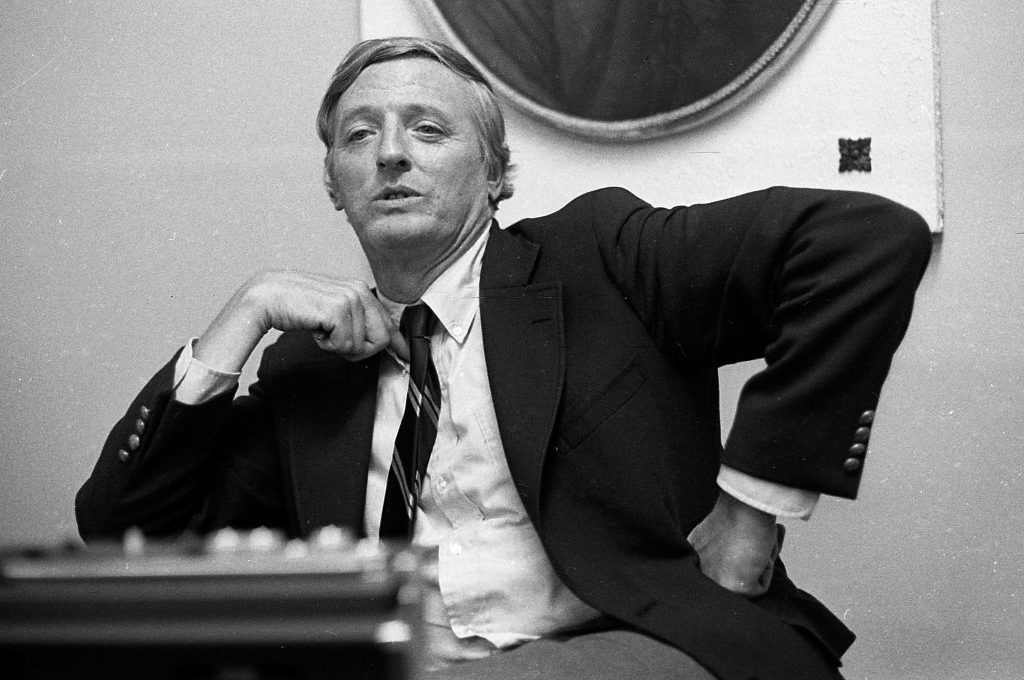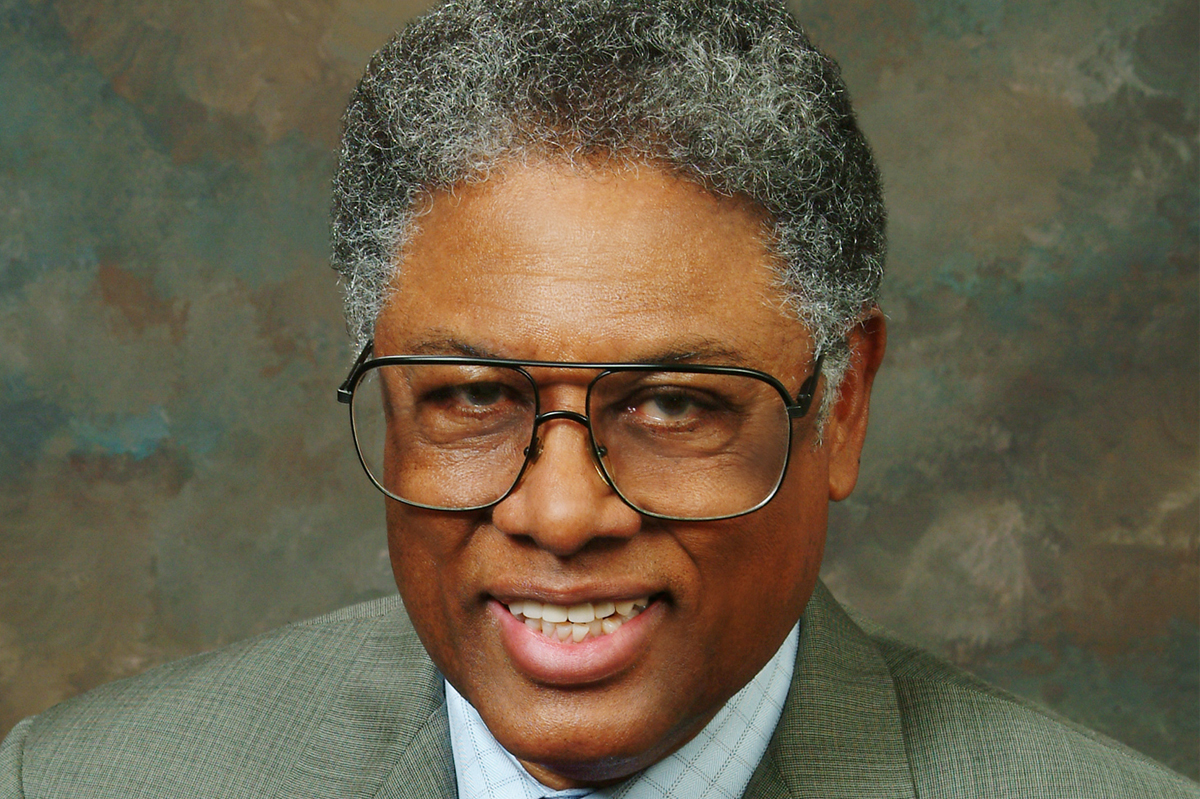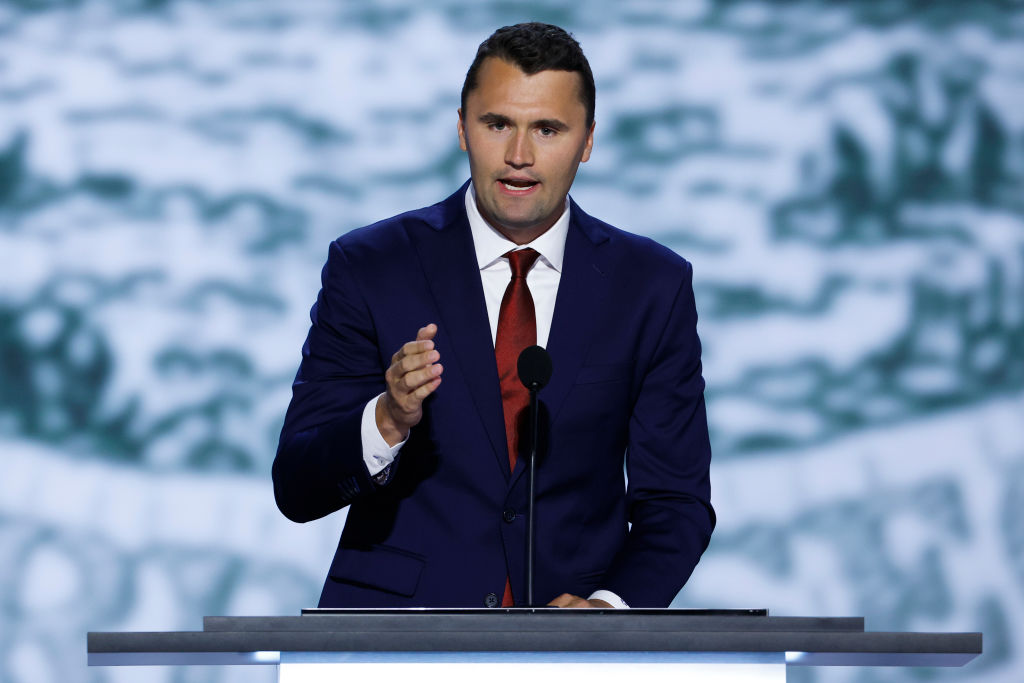I suspect at least 10 times more Americans will have heard of William F. Buckley Jr than L. Brent Bozell Jr but things could have been very different. For years, Bozell was Buckley’s closest collaborator and perhaps the second most influential ideologue in the nascent conservative movement. He helped with the founding of National Review, co-wrote McCarthy and His Enemies with his college friend Buckley and ghostwrote The Conscience of a Conservative for Barry Goldwater.
Bozell was a fierce Cold Warrior. Even the hawkish Buckley might have blanched when his tall, red-headed, impetuous friend announced that the United States should be ‘disposed to use [nuclear weapons] in good conscience’ against the Soviet Union. As the 1960s progressed, though, and Bill Buckley’s star as an author, editor and interviewer grew, Bozell became disillusioned with the movement he had helped to build. A devoted Catholic, he had moved to Franco’s Spain in search of a more explicitly religious home, and as US laws regarding abortion and divorce were loosened, and its horrifying war in Vietnam developed, he became not just doubtful but outright hostile towards the Republican party.
When Frank Meyer had promoted ‘fusionism’, or the union of cultural conservatism and political liberalism, Bozell had been critical. The differences within the conservative dialogue, as Meyer has said, are matters of ‘emphasis’, he had written:
‘…but emphasis can be the difference between up and down. The story of how the Free society has come to take priority over the good society is the story of the decline of the West.’
By the time Bozell wrote ‘Letter to Yourselves’, published in Triumph, the Catholic journal he had founded, he had consciously abandoned the conservative movement. This fascinating essay, with references to Marshall McLuhan, Edmund Burke and Aristotle, insisted, ‘On every front where your program has confronted secular liberalism’s, you have been beaten.’
Bozell argued for a political Catholicism, castigating cheerful attempts to imagine that virtue could he inculcated through private behavior or incremental change:
‘What point is there in encouraging virtue in the family, and having it undermined in the school and on the street? What point in passing on truth by the unadorned word, only to have it repudiated by art? What point in arranging the departments of government to assure concord and liberty, when the arrangements of the social and economic orders forbid concord and liberty?’
‘The world must speak of God,’ Bozell quoted the French priest Jean Danielou as writing, ‘otherwise, man can normally have no access to him.’
Passive dialogue was not enough for Bozell. He became, as far as I know, the only National Review contributor to be arrested for participating in a disorderly protest when with a group of like-minded Catholics named ‘Sons of Thunder’ – clad, misguidedly, in khakis and red berets – he broke into an abortion clinic with the intention of disrupting its procedures. A journalist for The Free Lance-Star was baffled by the thought of a supposed conservative defying law and order. ‘If disorder is necessary to stop this murder of babies,’ Bozell replied pugnaciously, ‘I’m in favor of disorder.’
Bozell was dogged by manic depression and lived most of the last years of life outside the public eye, working faithfully and selflessly with Hispanic immigrants and prison inmates. In his biography, Living on Fire, Daniel Kelly writes:
‘Gaunt, stooped, his hair now suggesting rust more than fire, he looked barely capable of maintaining his strenuous pace…yet year after year he managed to keep limping along, held up by the will to bestow and receive mercy.’
It is tempting to reduce Bozell’s political radicalism to his mental disorders but I think this would be reductionist.
American conservatism has, in recent months, been fraught with ideological conflict between ‘post-liberal’ conservatives, most prominently represented by Sohrab Ahmari of the New York Post, and ‘fusionist’ conservatives, whose figurehead is David French of National Review. The former advocate for a religiously-inflected political vision centered around the common good while the latter defend classical liberalism in politics and cultural conservatism in private life and social commentary.
As neither a believer nor an American I hesitate to take a firm stand on one side or the other, but such a dispute has been a long time coming and is, if anything, disproportionately mild and lackadaisical given the dire circumstances social conservatives face. Hundreds of thousands of abortions are performed each year. Marriage rates have hit unprecedented depths and fatherless families are more numerous than ever. Hardcore pornography is ubiquitous. Drug abuse is killing tens of thousands every year. Gay marriage is unquestionable. ‘Sex reassignment’ and its associated demands are as sacred. Cultural conservatives are by no means all nationalists – men like Bozell, after all, belong to a universal church – but those who are can hardly fail to have noticed that even under President Trump migration rates have barely dipped.
None of this looks as though it is about to change. President Trump is riding on the enthusiasm of tribally anti-Democrat economic liberals, gun enthusiasts and nativists with an inchoate – if often understandable – sense of dissatisfaction with the previous progressive paradigm. The Democrats, meanwhile, are growing ever more radical in their cultural liberalism. Technological trends are aimed towards an increasingly post-human and atomized future. Conditions are ripe, then, for more radically oppositionist conservatisms, traditionalisms and integralisms; ideological and political movements which strive not to nudge society in a different direction but to throw it onto an entirely different course, and less through mainstream politicking and dialogue than through alternative means of organization and activism.
The value of this I leave to you, gentle reader, but one thing I feel assured in saying is that the current obscurity of L. Brent Bozell Jr will not deny him powerful historic resonance.



